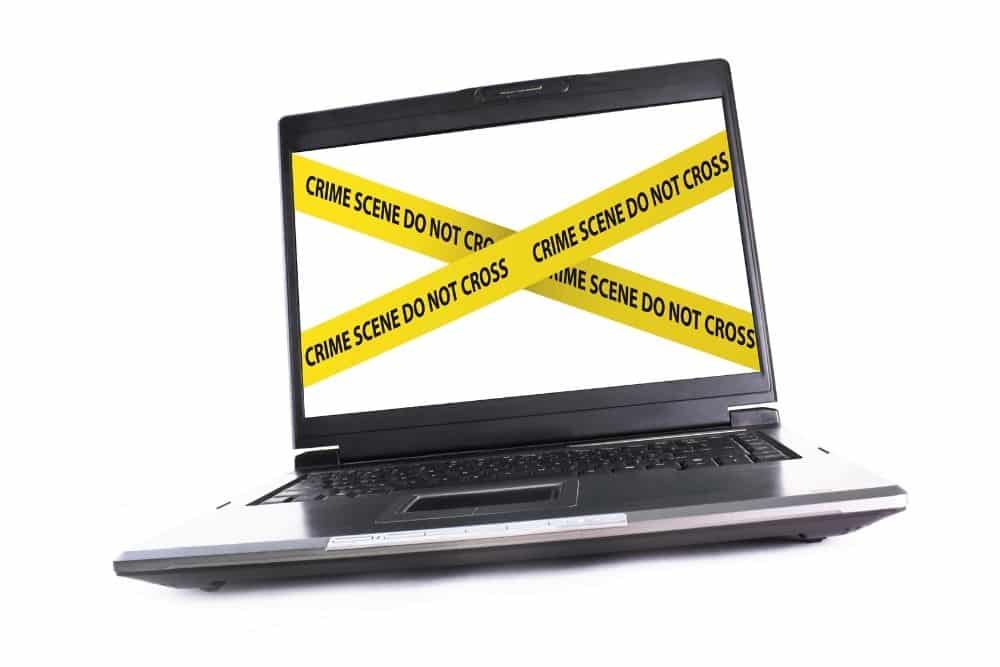- Home
- THE FIRM+
- Criminal Defense+
- CASE RESULTS
- AREAS WE SERVE+
- FAQ’s
- Blog
- Contact
AZHARI LLC BLOG
Feb. 4 2022
IL Revenge Porn: What Is Against the Law?

Posted By: Sami Azhari
Category:
Thanks to social media sites, everyone has nearly instant access to post photos and videos at any time, day or night. These images or videos, once uploaded, become a part of cyberspace forever.
Along with this phenomenon, sexting – sharing sexually charged images or videos – with another person has become quite common. However, these types of images can lead to big problems when they’re posted as revenge porn.
Illinois is one of only a handful of states that have criminalized sharing images as revenge porn. Under the laws in the state, those who post sexual images or videos without another person’s consent can find themselves in for some serious legal trouble.
Here’s what you need to know about revenge porn in Illinois and the consequences that can be faced if someone is found guilty of breaking the state’s revenge porn law.
Images Shared Without Consent
Under Illinois law, any images of an intimate nature that are shared without the consent of the parties in them can be classified as “revenge porn.” Even images that are not sexually explicit but depict of any sort of sexual activity can qualify as revenge porn – even if the person has consented to create the image. This also applies if they made the image themselves.
The Legal Criteria
Illinois revenge porn laws differ from other states’ laws in several ways. Some of the key differences in Illinois include:
- It does not have to be shown by the prosecution that the perpetrator shared or posted content with the intent to cause harm to the subject.
- A person can still be charged with revenge porn even if they shared the image through a medium other than the internet.
- The law can be violated by someone even if there was never a personal relationship with the subject – for example, a hacker can also be charged under Illinois revenge porn laws.
If a case does involve third parties, then Illinois law requires that the person use a “reasonable person standard” for the case. This means that a reasonable person who encountered the image should have known that it was not to be published without consent. In other words, the image was obviously private.
The Penalties for Revenge Porn
The creators of the revenge porn law in Illinois saw it as a crime comparable to sex crimes, like sexual assault, so the penalties associated with the crime are quite serious.
Posting revenge porn can get you charged with a Class 4 felony. If found guilty, you can face up to three years in prison and be responsible for fines of as much as $25,000. On top of that, anyone convicted of revenge porn can be forced to pay back money they may have made from posting or sharing the images.
What About Free Speech?
Many people wonder how free speech laws guaranteed by the constitution fit in with revenge porn laws. In Illinois, the state Supreme Court ruled that it is not a violation of a person’s freedom of speech to share sexual images of another person without their consent, no matter the circumstances. So, at least as it stands now, legal precedent states that free speech does not come into play on behalf of the defendant where revenge porn is concerned.
Revenge porn laws are one of the strictest in the nation, so it’s important for Illinois residents to know what they can and cannot share when it comes to online images of others.
About the Author
Sami Azhari has been working as a lawyer since 2007, after receiving his Juris Doctor from the Michigan State University College of Law. He has handled numerous state and federal cases, and is known throughout the Chicago and Rolling Meadows area for providing his clients with high-quality, skilled representation. He has been recognized by Avvo (2013 and 2018), SuperLawyers (2015-2020), The National Trial Lawyers, and other notable organizations, and has spoken at a number of legal conferences.


























































